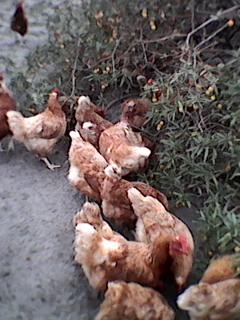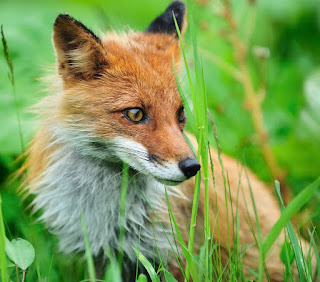Recent media interest in keeping backyard poultry, has prompted strong growth in the numbers kept as backyard flocks. With estimates of up to 2.2 million backyard hens, Australian Eggs has taken steps to remind consumers to be aware of the animal and human health risks associated with the practice and is encouraging biosecurity education.
Australian Eggs’ Managing Director, Rowan McMonnies, said backyard poultry keeping presents risks for animal and human health. Backyard owners need to understand the responsibilities. Mr McMonnies said “People need to realise that once you’re a suburban ‘egg farmer’ there are important biosecurity risks to protect against.
“Diseases spread quickly and widely and potential transfer from backyard to commercial flocks can put food security for the broader community at risk.
“It’s understandable that people think backyard farming is clean and natural but these set-ups can pose significant problems because of how accessible they are to wild animals.
Ten things backyard poultry owners may practice to reduce biosecurity risks:
Always wash hands after handling chickens or eggs.
Keep chickens away from ponds and rivers as water birds are known carriers of avian influenza.
Ensure that wild birds cannot access the chickens’ feed or water. Diseases can be easily transmitted to poultry by contamination of feed or water.
Keep other animals like domestic geese or turkeys, and even cats and dogs, well away as they can bring disease to chickens.
Use safe water sources such as town water, good quality bore water or sanitised surface water for chickens to drink.
Provide a secure rodent-proof enclosure for poultry as rats and mice are known carriers of disease.
Any kitchen scraps fed to chickens should be fresh. When spoiled, any animal products in scraps may carry dangerous bacteria.
Check hens regularly for anything unusual such as coughing, diarrhoea or swollen eyes.
If a chicken is showing signs of sickness, isolate the sick animal from others and seek veterinary advice.
Call Animal Health Australia’s 24-hour emergency animal disease watch hotline on 1800 675 888 if there are unusual symptoms or signs of serious disease.
Legitimate freerange farmers meet all handling and labelling requirements which increases production costs. It has always been seen as unfair that backyard producers who sell eggs are not required to meet the same regulatory imposts. Phil Westwood of Freeranger Eggs said “It’s great for people to produce eggs for their own consumption, but if they sell the eggs, they should meet the same food safety and packaging laws imposed on the rest of us.”










